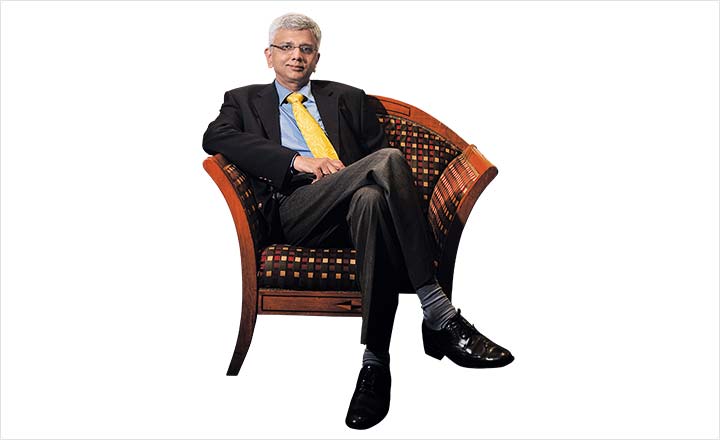
How did homo sapiens come to dominate the Earth? What was the secret sauce that we cooked up? How did we manage to subjugate all other species and even mother nature? These were the topics that professor Yuval Noah Harari tackled in his highly readable book Sapiens – A Brief History of Humankind.
The book Homo Deus – A Brief History of Tomorrow, takes off from where the previous one ends. Now that human beings have total domination over planet earth, what are they busy doing? Harari has the answer: we are chasing happiness and eternal life.
Reflected in this quote by Woody Allen "I’d rather live on in my apartment (after he is through with the silver screen). I don’t want to achieve immortality through my work. I want to achieve it by not dying".
Human beings have managed to conquer many challenges. Today, more people die from eating too much, than from eating too little. Having reduced mortality from starvation, disease and violence, we are now trying to overcome old age and death, which is the hypothesis of the book. Hence, we are trying to become homo deus, or Gods, not settling for being homo sapiens.
Many of our creations are aimed at happiness and living a long life. Harari argues that unlike other religions that promise us a pie in the sky, capitalism promises miracles here on earth. In the medieval times — in a religion-dominated world — knowledge was equal to scriptures multiplied by logic. This changed in the humanistic outlook, where knowledge was equal to experience multiplied by sensitivity. But according to Harari, "religion is dead", while it may appear that it is making a comeback, it is a mirage and it is taking a while to get rid of the body.
We are living in a technology-dominated world. Even Vladimir Lenin did not miss this when he said, "Communism is power to worker councils, plus electrification of the whole country." We saw an echo of this in India with the bijli sadak pani promise by political parties. Harari talks about countries that do not embrace technology — in particular biotechnology and computer algorithms — that are going to be left behind in the station, as the progress train pulls out.
The book in fact takes the reader through various forces that enabled development in some form or the other — the growth of religious forces, the growth of nation states, wars and the rise of technology. A large part of the book is devoted to latest developments, such as discovery of the DNA structure. 23andMe, a company founded by Anne Wojcicki, former wife of Google co-founder, Sergey Brin, that maps genome also finds mention in the book.
As I waded, or should I say swam through the book, I was reminded of what a friend told me a decade ago: if you live till the year 2025, you may live on forever. If I were to pick a flaw in the book, it is the relatively scant reference to the problems being faced by the developing and underdeveloped countries. Will all of them be left behind to wither and die? In a unified world, will it be possible to maintain sanity with such huge disparities? Will we see the emergence of two or three types of societies? Or is that asking for too much? I feel this is a topic that Harari should examine in his next book. Till then we can live with the two wonderful books he has given us so far.











